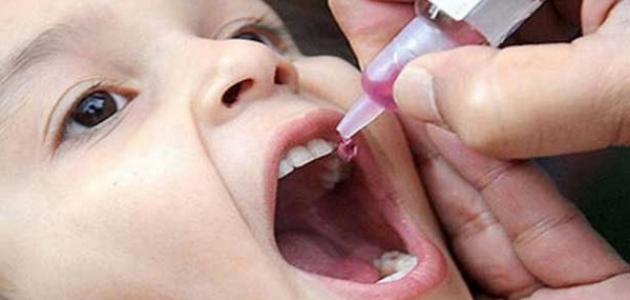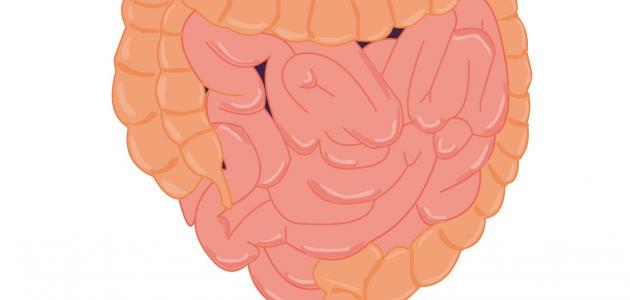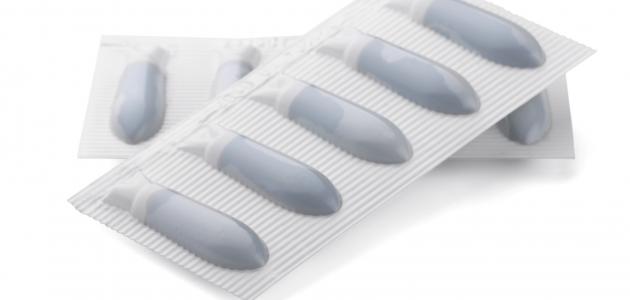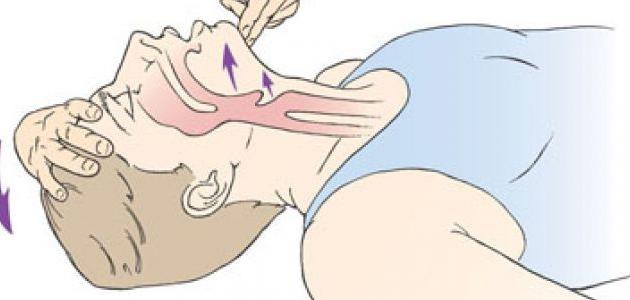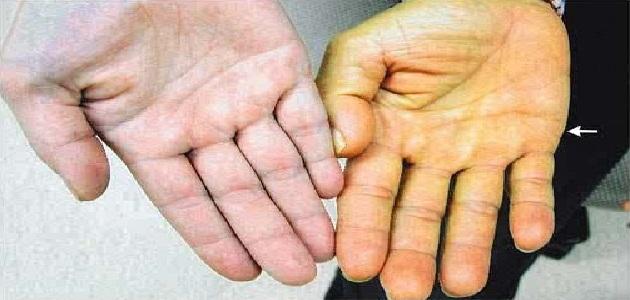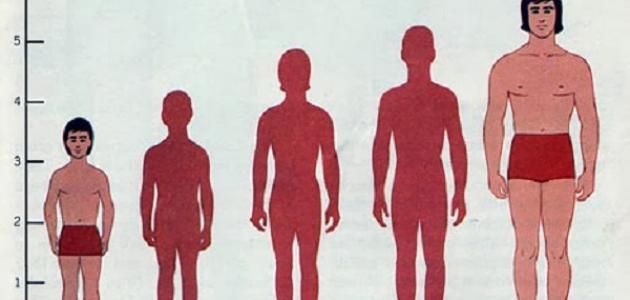Contents
Rotavirus vaccination
Vaccination of rotavirus or vaccine rotavirus or vaccinate rotavirus or vaccine rotavirus is a dedicated vaccine for the prevention of rotavirus , [1] The rotavirus or rotavirus one of the most types of viruses that cause gastroenteritis and acute diarrhea in young children around the world; Symptoms of infection appear in the form of severe diarrhea, high temperature, vomiting, and dehydration, [2] [3] Despite the great preventive role that regular hand washing and good hygiene in general, vaccination is the best way to prevent Rotavirus infection, [1]The administration of this oral vaccine to children is organized as part of the routine childhood vaccination schedule, [4] and the vaccine contains no less than five strains of rotavirus prepared from animal and human sources, and the vaccine has two types: [5] [6]
- Type 1: the rotavirus vaccine known as Rota Teq Vaccine contains precipitated virus strains from both animal and human sources. Where these strains were isolated from a calf, and then the human proteins responsible for stimulating antibodies to rotavirus were added to those strains, and the resulting mixture would be a vaccine that protects children from rotavirus and does not cause them disease.
- Type 2: Rotarix Vaccine contains one strain of rotavirus from the human source and attenuated in the laboratory.
How to give rotavirus vaccine
The rotavirus vaccine is given to children by mouth in the form of drops, and if the child spits up or vomits after taking the vaccine, there is no harm in re-administering the vaccine again even if the child swallows part of it the first time, and to give the vaccine a specific age, depending on the type of vaccine used as It will be explained below, but regardless of which type is administered to the infant, the infant should receive the first dose before reaching 15 weeks of age (before the completion of the fourth month of life), and the infant must finish all doses before reaching the age of 8 months, [7] [8 ] The two types of vaccines differ in the number of doses that must be given to the child, [9] as follows: [8] [7]
- The first type: known as the Rotatek vaccine, given in three doses. At the age of two months, four months, and six months, and if the first dose is missed, it can be taken until the child reaches 15 weeks of age, and the second dose can be taken until the age of 24 weeks (until the sixth month of life).
- The second type: known as the Rotarex vaccine, which is given in two doses. Upon reaching two months and four months, and in the event that the two doses are missed, they can be delayed up to 15 and 24 weeks, respectively, as is the case with the first type.
How effective is the rotavirus vaccine?
The vaccine rotavirus or vaccine rotavirus Mtaoma preventively effective by up to 85% over two years , the first and second of the child 's age, ie , that the probability of a child infection rotavirus be 15% in the event of taking the vaccine, but even in case of infection , it would be lighter if The child had received the vaccine, and the principle of the vaccine’s work is based on stimulating the body to build immunity against this virus when exposed to it in the future, but it is indicated that taking the vaccine in the event of a rotavirus infection does not cure the infection. [6] [10]
The side effects of rotavirus vaccines
Taking a rotavirus vaccine may cause the emergence of some side effects, some of which are common, and some are rare, as follows:
- Common side effects: Their occurrence reaches nearly 10%, meaning that 10% of children who receive the rotavirus vaccine exhibit these symptoms, and the most prominent of which are the following: [10] [11]
- General disorder.
- Temporary mild diarrhea.
- Vomiting
- Rare side effects: These are the effects expected to appear on one child out of every hundred children who receive a dose of the rotavirus vaccine, and the most prominent of which are the following:
- Abdominal pain.
- Gases.
- Refusal of food, loss of appetite.
- Dermatitis.
- Very rare side effects: These are the effects that are expected to appear on one child out of every 10,000 children who receive a dose of rotavirus vaccine, and the most prominent of which is the rare disease known scientifically as intussusception, [10] so that Part of the intestine bends on itself, causing a blockage, and this side effect is dangerous, in addition to the fact that the child having intussusception once makes him more likely to be infected with it when receiving subsequent doses of the rotavirus vaccine, and for those who were not previously infected, the risk of developing intussusception is very small, and the benefit The prospect of getting the vaccine outweighs the small risk, and accordingly, the Food and Drug Administration (FDA) recommends not giving the vaccine to children who have previously had intussusception. [1]
Contraindications and precautions for rotavirus vaccination
Before giving a rotavirus vaccine to a child, his health condition must be evaluated. If the child has a mild disease, there is no objection to receiving the vaccine, but for medium and severe illnesses, you must wait until the child has recovered first, as the vaccination must be postponed if the infant has moderate or severe diarrhea or vomiting. [12]
On the other hand, some pathological conditions prohibit giving the vaccine to the child categorically, and these cases include: [12]
- Having a life-threatening allergic reaction to the vaccine; Where the child is not allowed to receive another dose of the vaccine if it is proven that there is a life-threatening allergic reaction when receiving the previous dose, and the doctor must be informed of any allergy the child suffers from, including severe allergic reactions to latex.
- Severe Combined Immunodeficiency (SCID) a child.
- Child suffering intussusception, as mentioned earlier.
When should I call the doctor?
It is best to consult your doctor regarding getting a dose of rotavirus vaccine in the following cases: [13]
- The child's parents are not sure about the necessity to postpone or avoid the vaccine.
- The emergence of problems or persistent side effects after vaccination.
- The emergence of one of the signs of intussusception, which requires immediate contact with the doctor, as these signs may appear within a week of receiving the first or second dose of the vaccine, and include the following:
- Severe abdominal pain with uncontrollable crying.
- Vomiting
- Stool that is accompanied by blood or mucus.
References
- ^ A b t "Rotavirus" , Www.mayoclinic.org , March 12, 2019, Retrieved 16/10/2020. Edited.
- ↑ "Rotavirus Infections" , Www.medlineplus.gov , Retrieved October 16, 2020 . Edited.
- ↑ "Rotavirus" , www.who.int , December 2018, Retrieved 10/16/2020. Edited.
- ↑ "Rotavirus vaccine overview" , www.nhs.uk , 16 April 2020, Retrieved 10/16/2020. Edited.
- ↑ "A Look at Each Vaccine: Rotavirus Vaccine" , www.chop.edu , May 18, 2020, Retrieved 10/16/2020. Edited.
- ^ A b "Rotavirus Vaccine, Live Tags (Oral)" , Www.everydayhealth.com , July 23, 2020, Retrieved 16/10/2020. Edited.
- ^ A b "Rotavirus Vaccine FAQs" , Www.nhs.uk , 2 April 2020, Retrieved 16/10/2020. Edited.
- ^ A b "Vaccines And Preventable Diseases : " , Www.cdc.gov , July 25, 2018, Retrieved 16/10/2020. Edited.
- ↑ Dan Brennan, MD (June 02, 2020), "Rotavirus (RV) Vaccine" , www.webmd.com , Retrieved 10/16/2020. Edited.
- ^ A b T "Rotavirus Vaccine" , Www.vk.ovg.ox.ac.uk , September 9, 2019, Retrieved 16/10/2020. Edited.
- ↑ “Vaccine Information Statements (VISs)” , www.cdc.gov , 10/30/2019 , Retrieved 10/16/2020. Edited.
- ^ A b "Rotavirus Vaccine: What ' You To Know View Ticket Support Need ( the VIS)" , Www.healthychildren.org , 10/5/2018, Retrieved 16/10/2020. Edited.
- ↑ Elana Pearl Ben-Joseph, MD, “Your Child's Immunizations: Rotavirus Vaccine , ” www.kidshealth.org , Retrieved 10/16/2020 . Edited.
